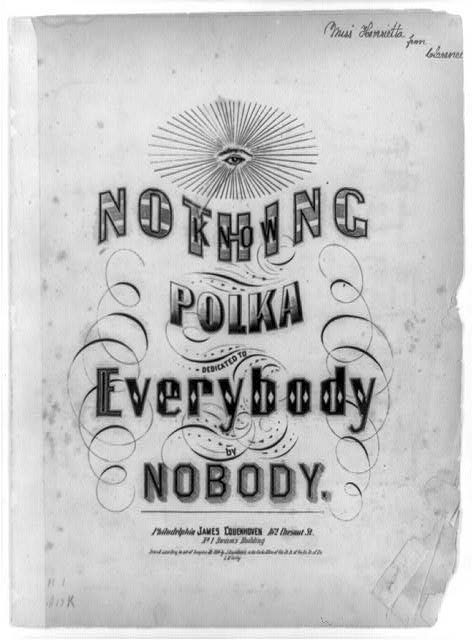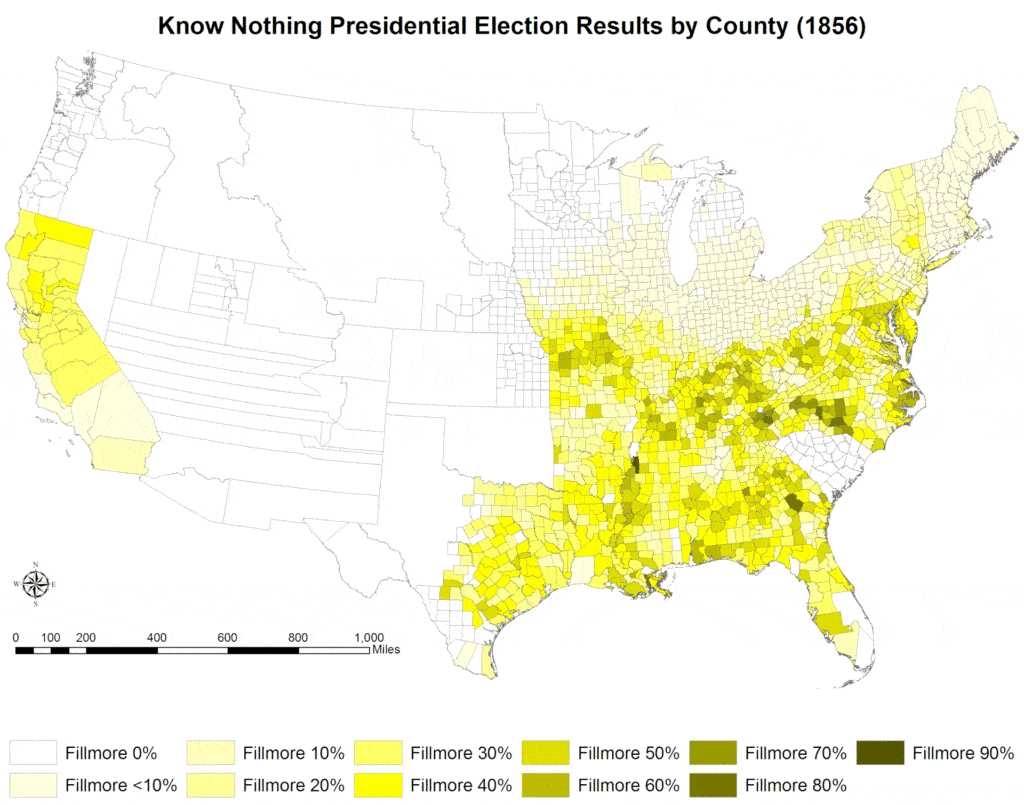I read Victor Davis Hanson’s “The Dying Citizen” on recommendations from another book list. If you’re the kind of person who leans left and always tells yourself, “I should read opposing viewpoints more”, this is your book.

I didn’t find it terribly captivating, but one nugget stuck out. Hanson explained the rationale for maintaining border security in a line that made some sense to me: “In a melting pot, you actually have to melt.”
The more refined argument being: When lots of people from one region or culture move en masse to another area, the area those people are moving to risks losing a sense of identity and culture. That America is happy enough to welcome people to our melting pot, so long as you actually melt.
How much you melt is debatable, and how much is acceptable is also debatable. But I read this and compared it to our discussions about border security today. The influx of Latin American and Mexican immigrants into the U.S. has, so Hanson argues, moved in so many people so quickly that they’ve established entire regions of the U.S. without much assimilation. That unlike immigrants of yore, a sizable number of more than one generation have declined to learn or speak English, pursue citizenship, maintain a “separate” culture in their schools, churches, and other institutions, and so on.
Only time will tell, but it’s hard not to wonder where the seemingly valid argument for “actually melting” ends and racism begins.
In 1849 a secretive society was born in New York called the “Order of the Star-Spangled Banner”. (Perhaps “the Order of America is Great and so is Apple Pie” was already taken.) The members were among the first large-scale anti-immigrant groups in the U.S.
They took much of the energy from a May 1844 riot in Philadelphia against the large influx of Catholics there. The protest started over a debate whether Catholic children should sing Protestant hymns at schools. The resulting riot against Catholic and Irish-Catholic neighborhoods lasted four days and resulted in 15-20 deaths and dozens more injured before the Philadelphia state militia put the resurrection down.
The simmering resentment resulted in the 1849 “Order of the Star-Spangled Banner”, itself a resurrection of a former nativist “American Republican Party” that had since sputtered out. But the OSSB soon became known as another name after people started asking the cloak-and-dagger group what they stood for, did, thought, or planned. The answer from members was always, “I know nothing.”
And thus the boilerplate answer kinda stuck. The press and outsiders came to refer to this group as “The Know Nothings”.
Not surprisingly, the leaders of this group were more working-class, less educated, and had a strong anti-elitist bent. That might sound familiar to other groups over time that had a pretty big chip on their shoulder or other insecurities.
But the Know Nothings struck a chord, and they had a string of local and state-level victories changing laws about citizenship. Their plan included raising residency requirements from five to twenty-one years before you could become a citizen. And people born on foreign soil could never vote or hold public office, ever.

They eventually came to hold 43 seats in Congress after the election of 1854 (about ten years before the Civil War) and helped elect President Willard Fillmore. Voters came from all the places you think they probably did.
Some of this success was owed to the splintering Whig party, and like all things of that time, debates about slavery that further split regions and congress.
Riding their success, they became a full-blown party known as “the Know Nothings”. Legend has it no one in the party understood irony.
Problems arose, however, when it became clear they were a single-issue party focused on a problem no one really had. They fell apart once the hard work of actually governing came to the fore. After 1856, most of them and their equally nativist southern brethren would merge and form much of the rebellious south. The more progressive Republican Party would emerge and nominate a little-known candidate named Abraham Lincoln for President.
